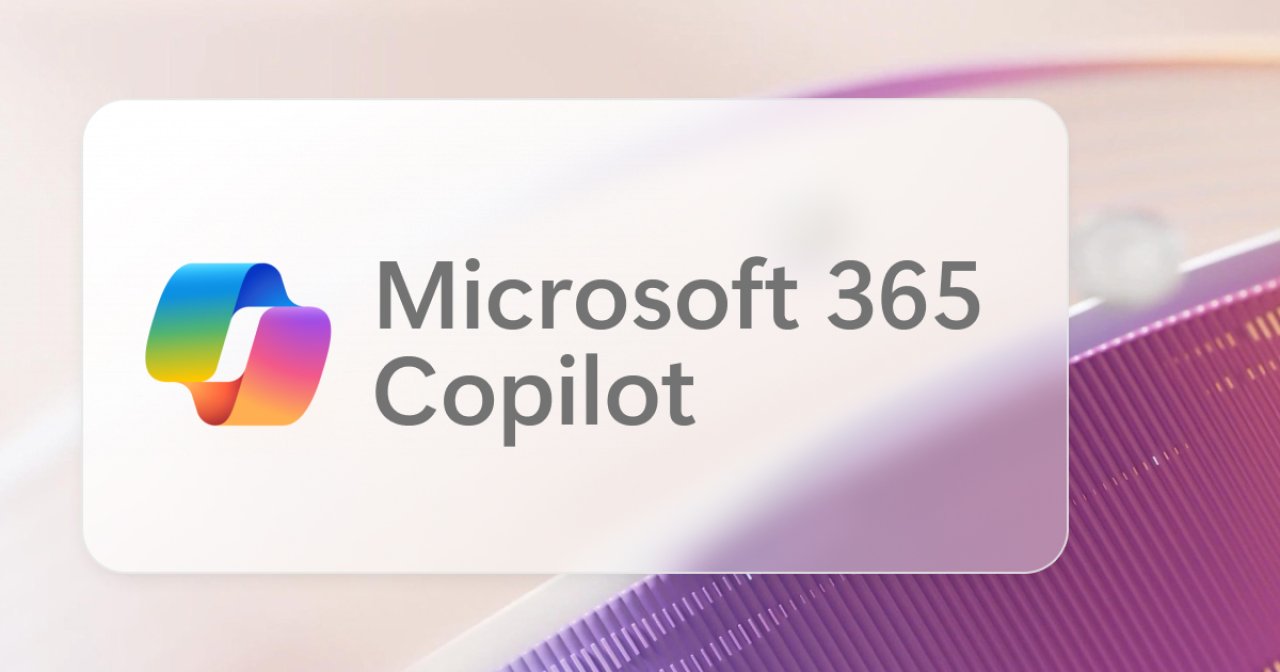Picture this: your business data falls into the wrong hands, compromising customer trust and leaving you vulnerable to financial losses. Strong passwords are the key to preventing such nightmares and protecting your valuable assets.
In an era dominated by technology, small businesses rely heavily on computers, applications, and websites to streamline operations and store valuable data. However, this convenience comes with the responsibility to protect sensitive information from cyber threats.
One of the most vital steps you can take to safeguard your business is to implement strong passwords.
In this article, we will explore the importance of strong passwords, what makes them effective, and other essential information you need to know. Get ready to fortify your small business security and ensure peace of mind.
Strong vs weak passwords
Safeguarding Confidential Information: Strong passwords act as a formidable shield against unauthorized access, ensuring that sensitive data such as financial records, customer information, and trade secrets remain confidential. By taking this crucial step, you demonstrate your commitment to protecting your business's reputation and maintaining the trust of your customers.
Thwarting Unauthorized Access: Weak passwords are a hacker's delight. They make it easier for cybercriminals to launch brute-force attacks or exploit common password vulnerabilities. However, by implementing strong passwords, you significantly reduce the risk of unauthorized access to your accounts and systems, bolstering your defence against potential breaches.
Imagine the satisfaction of knowing that your small business is resilient against cyber threats. By implementing strong passwords, you not only protect your data but also mitigate financial losses associated with fraudulent activities and data breaches. Your customers will appreciate your dedication to safeguarding their information, further strengthening their loyalty to your business.
Action you can take today:
Now that you understand the importance of strong passwords, it's time to act. These are the characteristics of strong passwords:
Complex: Create passwords that are at least eight, ideally 12 or more, characters long and combine a mix of upper and lowercase letters, numbers, and symbols. Consider using a passphrase that's easy for you to remember but difficult for others to guess.
Unique: Each account/website should have a unique password. Reusing passwords across multiple accounts/websites increases vulnerability since a breach in one system could compromise all accounts associated with the same password.
Avoid Personal Information: Don’t use personal details such as names, birthdays, or addresses, as they are easily guessable. Hackers often exploit such information through social engineering techniques.
Updates: Periodically update passwords, especially for critical accounts and sensitive information. By doing so, you proactively stay ahead of potential threats and minimize the risk of password-based attacks. Most passwords do not need to be changed too often if they are unique. However, all passwords should be changed immediately if you suspect they have been compromised.
Here are some best practices and additional tips:
2FA: Embrace Two-Factor Authentication (2FA): Enable 2FA whenever possible. This additional layer of security requires a second verification method, such as a fingerprint or SMS code, making it significantly harder for hackers to breach your accounts. All your key accounts, including email, should be 2FA protected. See recent GTB 2FA article.
Password managers: Utilize reputable password manager tools to generate, store, and autofill unique and complex passwords for your various accounts. This convenient solution simplifies password management while ensuring the highest level of security. Ask GTB if you like more advice on this.
Team awareness: Educate your team about password best practices, including the dangers of sharing passwords, falling for phishing scams, or using weak passwords. Regular training can help reinforce good security habits. Hint: You can use content from the GTB monthly e-comms* email as topics to start a conversation with your team. You don’t need to be a password expert; you just need to keep security awareness in their minds.
* The GTB monthly e-comms email is free, and aimed at our lovely clients, but all are welcome to subscribe. Subscribe from our contact form leaving the ‘Yes, add me to the regular comms email’ button ticked.
Conclusion:
Strong passwords are essential for protecting your small business from cyber threats. By implementing robust password practices, you create a formidable barrier against unauthorized access, safeguard sensitive data, and mitigate financial risks.
Remember to create unique, complex passwords, enable two-factor authentication, and periodically update passwords.
By adopting these practices and fostering a culture of cybersecurity awareness, you can easily and at no-cost fortify your business's online security and ensure a safer digital environment for your operations and customers. Stay vigilant, stay protected!




